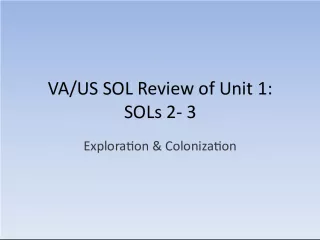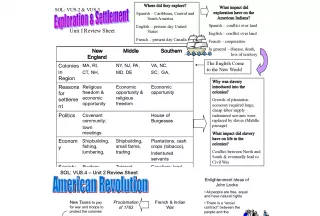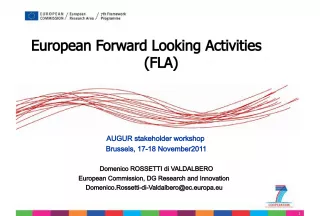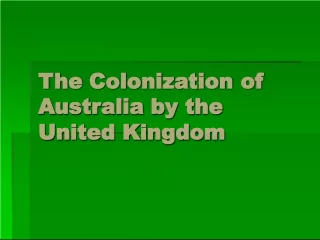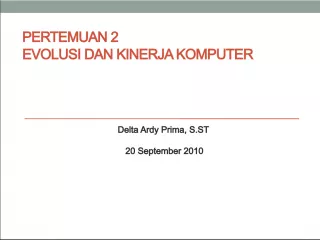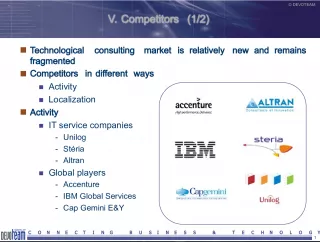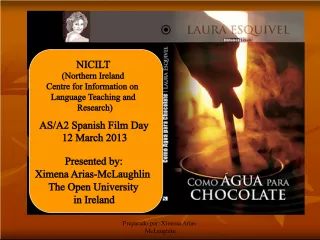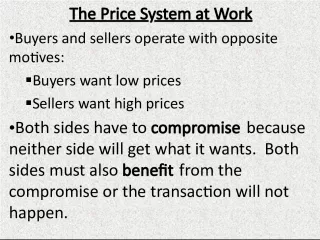Motives and Technology that Drove European Exploration
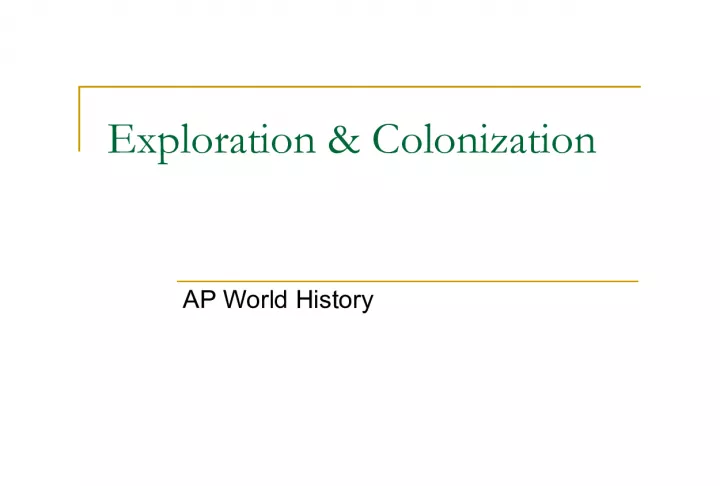

This article covers the main reasons why European countries embarked on exploration and colonization in the 15th and 16th centuries, including the need to access Asian luxuries, the collapse of the Mongol Empire, and the desire to find suitable lands for growing cash crops. It also discusses the technology that enabled these explorers to navigate the seas, such as the magnetic compass and the astrolabe.
- Uploaded on | 0 Views
-
 dylanevans
dylanevans
About Motives and Technology that Drove European Exploration
PowerPoint presentation about 'Motives and Technology that Drove European Exploration'. This presentation describes the topic on This article covers the main reasons why European countries embarked on exploration and colonization in the 15th and 16th centuries, including the need to access Asian luxuries, the collapse of the Mongol Empire, and the desire to find suitable lands for growing cash crops. It also discusses the technology that enabled these explorers to navigate the seas, such as the magnetic compass and the astrolabe.. The key topics included in this slideshow are European exploration, colonization, motives, technology, magnetic compass, astrolabe,. Download this presentation absolutely free.
Presentation Transcript
1. Exploration & Colonization AP World History
2. Motives for European Exploration Desire to gain direct access to Asian luxuries Collapse of Mongols increased price of goods Avoid dealing with Muslim merchants Gain lands suitable for growing cash crops Portugal had poor quality soil Started by colonizing the Azores, the Madeiras, & the Canaries Spread Christianity
3. Technology of Exploration From China Stern Rudder Magnetic Compass From Islam Lateen Sail the Astrolabe Caravels
4. Notable Explorers Portugal Prince Henry the Navigator Bartolomeu Dias Vasco da Gama Spain Christopher Columbus Ferdinand Magellan England Captain James Cook
5. Major Expeditions
6. Spanish Empire
7. Conquest of New Spain Hernan Cortes conquered Aztecs in 1521 600 Spanish soldiers Francisco Pizarro conquered the Inca in 1533 Fewer than 200 Spanish soldiers Why? God, gold, and glory How? Guns, germs, and steel
8. Impact of Smallpox on the New World
9. Economy of New Spain Agriculture Haciendas Plantations Mining Silver the Heart of the Empire Gold Used coercive labor Indian slaves, encomiendas, mita Less than 50% of silver remained in Spain At no point did American treasure imports make up more than 25% of Spains national revenue Spanish government occasionally went bankrupt
10. Government of New Spain New Spain controlled by bureaucracy Council of Indies Two Viceroyalties (Mexico City & Lima) Ten Audiencias Make and enforce Spanish law Local magistrates applied the law, collected taxes, and assigned work required of Indian communities Treaty of Tordesillas Divided the world between Spain & Portugal
11. Treaty of Tordesillas
12. Spanish Culture Catholic Church dominates Widespread conversion of the Indians by Jesuits, et al Bartolom de Las Casas Constructed baroque cathedrals Religious schools and universities Poetry Sor Juana In s de la Cruz (1651-1695) Cathedral de Mexico built in stages between 1573-1813
13. Sociedad de Castas Peninsulares Peninsulares Peninsulares Peninsulares Creoles Creoles Creoles Creoles Mestizos Mestizos Mestizos Mestizos Mulattos Mulattos Mulattos Mulattos Native Indians Native Indians Native Indians Native Indians Black Slaves Black Slaves Black Slaves Black Slaves
14. Portuguese Empire
15. Portuguese Colonization in Asia Portuguese use force to enter Asian trade markets Forced East Africa and Asia to pay tribute Conquered choke points Ormuz, Goa, Malacca, & other areas Control did not last long Overextended and Indian Ocean was too large Not enough people Dutch and English rivals
16. Portuguese Brazil Minor Portuguese nobles given strips of land to colonize and develop Feudalism meets commercial agriculture Sugar plantations using Indian, then African slaves Portugals most important colony by 1700 Government established a bureaucratic structure with a royal governor Bureaucrats were born and educated in Portugal Brazil never had university or printing presses Jesuits converted most natives to Christianity
17. Portuguese Brazil Brazil dominated world sugar production in the 17 th century 150 sugar plantations in 1600; 300 by 1630 By 1700, 150,000 slaves worked on plantations 50% of population were slaves Brazils dominance of sugar trade declined in 18 th century Competition from French, English, and Dutch colonies in the Caribbean Price of slaves increased; price of sugar declined
18. Sugar Plantations in the Americas
19. Brazils Age of Gold Gold discovered inland in 1695 Started a massive gold rush Mine gold using slaves 150,000 slaves by 1775 Export 3 tons of gold a year from 1735-1760 Impact of gold Ranching and farming were expanded Rio de Janeiro became the capital of the colony No native industries were developed in Portugal
20. Colonization of North America Backwater Colonies North America was of moderate interest to Europe Dutch were more interested in their East Indies colonies British and French valued their West Indies holdings Population of British & French North America was far smaller than New Spain France surrendered New France to the British after their defeat in the Seven Years War (1756-1763)
21. British North America Salutary Neglect Very few profitable resources Fur and timber Southern cotton & tobacco plantations Follows Western European forms Rise of manufacturing and merchant activity Interest in the Enlightenment Slaves brought in to work on southern plantations By 1700, slaves make up 23% of the population
22. Colonization of North America Copy European social structure Nuclear families Marry younger than in Europe Property more readily available More child centered Families average 6 children Low mortality rate Average life expectancy was 70 years of age
23. Dutch Empire
24. Dutch Colonization
25. Dutch Colonies in Africa & SE Asia Take Portuguese strongholds in 17 th century Cape of Good Hope, Malacca, etc. Monopolize certain spices Cloves, nutmeg, mace, etc. Shipping proved most profitable Shipped products between China, Japan, Indonesia, India, etc. Colonized Java Treaty of Gijanti in 1757
